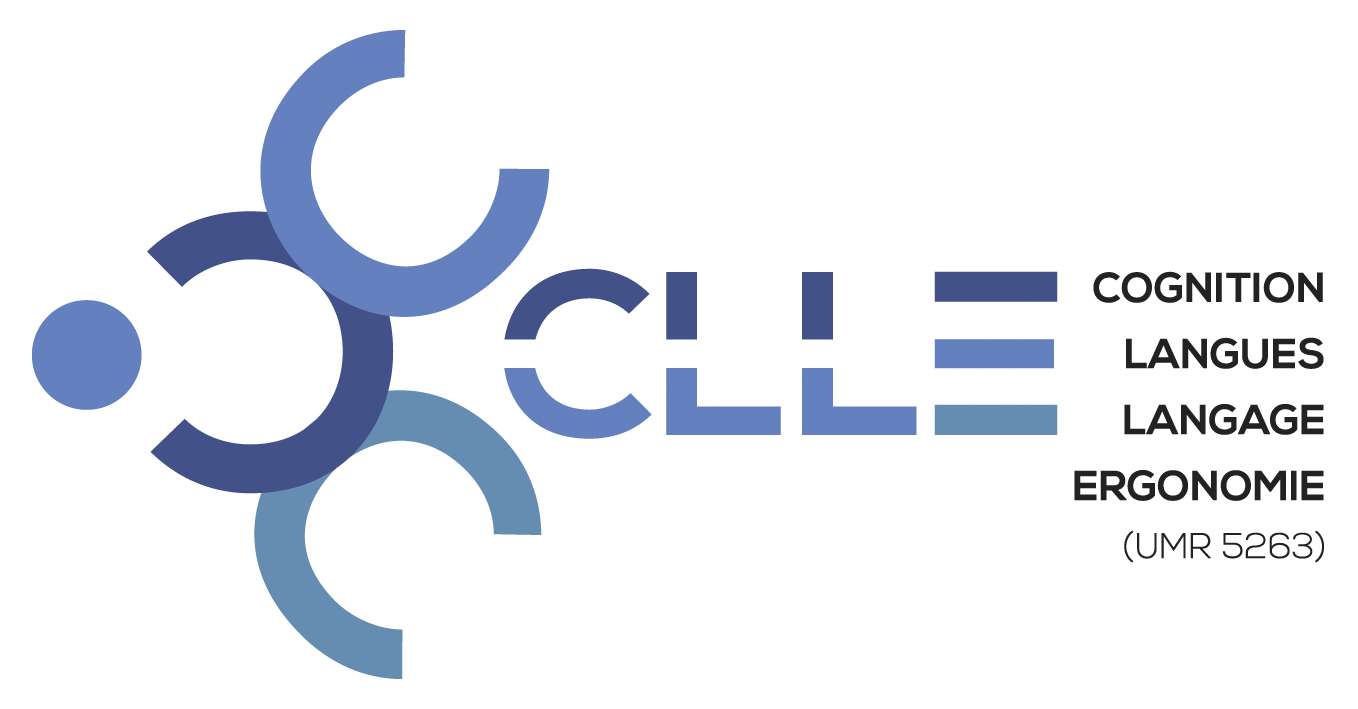-
Partager cette page
Knowledge ascriptions, fiction, and the historical present
Salle E412
Giuseppe Spolaore (Università di Padova) - Séminaire CLLE ERSS (14 h/16 h - Salle E412)
(first part) The talk revolves around three things:
The historical present. Roughly, the use of present tensed sentences to speak of past events. Here is an example (uttered today):
(1) Germany has plans to outflank the Maginot line.
Statements concerning fictional situations or fictive statements. A standard example of fictive statement is the following (uttered during a debate on the Holmes stories):
(2) Sherlock Holmes used to live at 221b Baker Street, London.
Moore’s paradox (epistemic version). The ‘paradoxical’ fact that so-called Moorean sentences like (3) sound absurd, although they are perfectly consistent.
(3) It’s raining, but I don’t know that it’s raining.
According to a very natural proposal, which I call the context-shift approach, both the historical present and fictive statements call for a context shift (e.g., Predelli 1996, Predelli 1997). Either way, the context of interpretation is not the context of use. E.g., intuitively, (1) is understood as if it were asserted in 1940, and (2) as if it were asserted in the ‘world’ of the Holmes stories.
The main aim of the talk is to criticize context-shift approaches to the historical present and to fictive statements. Moreover, I argue that the context-shift approach fails because it neglects a key role of context, namely, that of fixing the context-dependent features of the speech act made by means of an utterance. In the process, I shall introduce and discuss some interesting linguistic and inferential phenomena, including some new ‘counterexamples’ to Moore’s paradox, viz., some Moorean statements that do not sound absurd at all.
(second part) In this part I take issue with Schlenker’s (2004) two-context treatment of the historical present and propose an alternative approach (Sandro Zucchi helped me greatly in developing this approach, however, I alone take responsibility for any fault). My proposal is close (but not identical) to Zucchi’s (2009) treatment of tenses in the Italian Sign Language, which in turn is based on Heim’s (1997) analysis of tense. I also make use of Reichenbach’s well-known distinction between speech-point and event-point in time. The guiding thought of the proposal is that tense introduces a free variable for speech points in logical form, which may or may not be fixed by the context of use. When the value of the variable is not fixed by the context of use, it is constrained either by salience or (indirectly) by adverbs. Utterance truth is defined relative to contexts that involve both a time (the utterance time) and an assignment of value to free (temporal) variables.
Moreover, I shall suggest – rather tentatively – how to extend this treatment of the historical present to fictive statements.
References
Heim, I. (1997). Tense in compositional semantics: Introduction. Handout for the MIT seminar on tense, aspect and events, MIT.
Predelli, S. (1996). Never put off until tomorrow what you can do today. Analysis, 56(2):85–91. Predelli, S. (1997). Talk about fiction. Erkenntnis, 46(1):69–77.
Schlenker, P. (2004). Context of thought and context of utterance: A note on free indirect discourse and the historical present. Mind & Language, 19(3):279–304.
Zucchi, S. (2009). Along the time line. Tense and time adverbs in Italian Sign Language. Natural Language
Semantics, 17:99–139.





